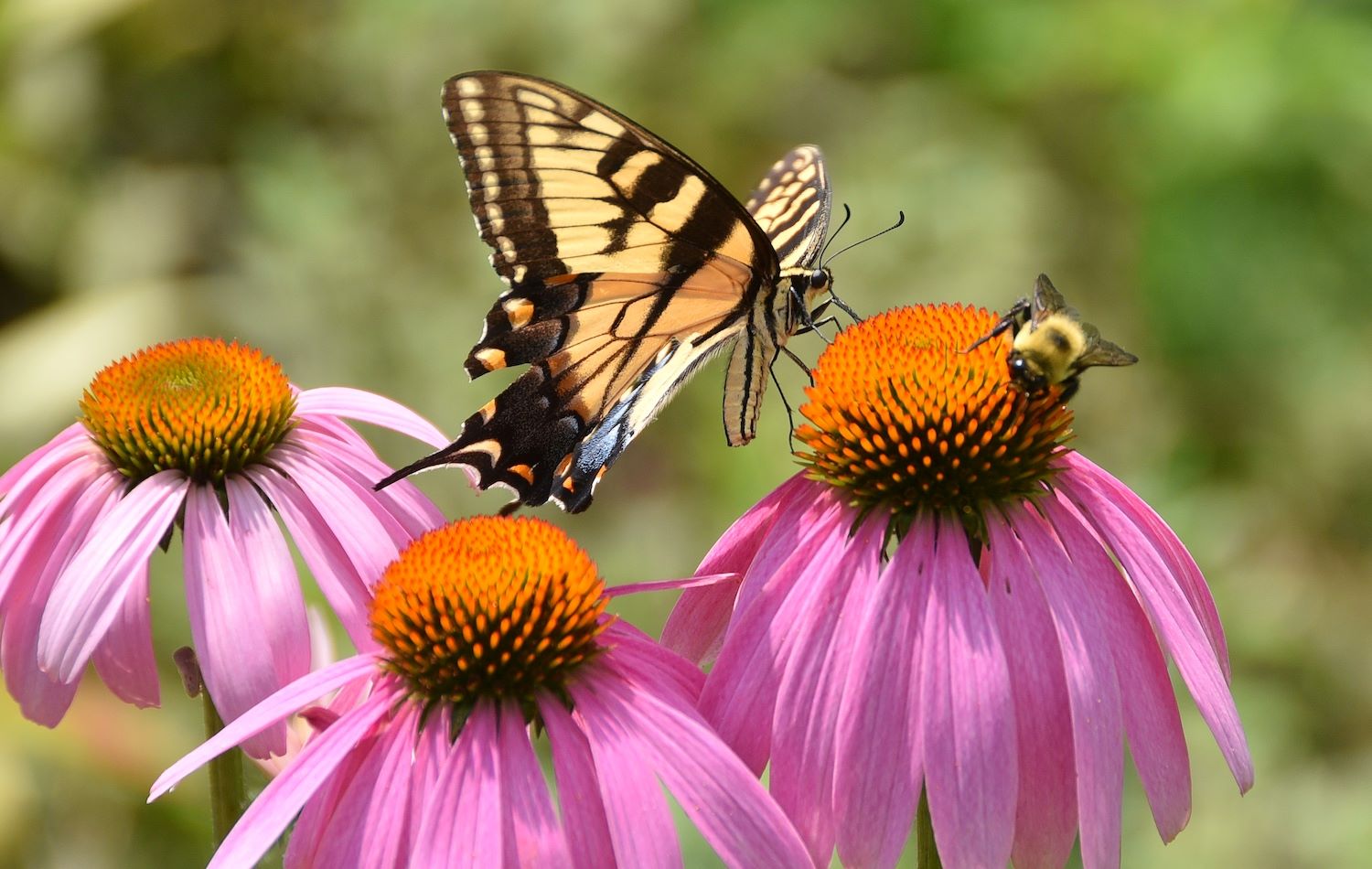
Pollinators play a vital role in our ecosystem, enabling the reproduction and survival of countless plant species. From bees and butterflies to birds and bats, these unsung heroes tirelessly move from flower to flower, transferring pollen and facilitating plant fertilization. While we may often take pollinators for granted, it is essential to appreciate the incredible work they do and the fascinating facts that surround them. In this article, we will delve into the world of pollinators and uncover 10 fun facts that will amaze and delight you. Get ready to be mesmerized by the incredible diversity, adaptability, and importance of these tiny creatures!
Key Takeaways:
- Pollinators like bees, butterflies, and birds are super important for plants to make fruits and seeds. They help keep our food supply going and support lots of different plants and animals. Let’s protect them!
- There are over 200,000 types of pollinators, from bees to bats! They help plants make new plants and fruits. We can help them by planting gardens and being careful with pesticides.
Pollinators are crucial for plant reproduction.
Pollinators, such as bees, butterflies, birds, and bats, play a vital role in transferring pollen from the male parts of a flower to the female parts, enabling plants to reproduce and produce fruits and seeds.
There are over 200,000 species of pollinators.
From bees and butterflies to beetles and birds, there is a diverse range of pollinators found all around the world. These species vary in size, shape, and behavior, but they all contribute to the pollination process.
Pollinators help to support biodiversity.
By facilitating the pollination of different plant species, pollinators help maintain biodiversity and ensure the survival of various ecosystems. They help to sustain not only plants but also the animals that depend on them.
Pollinators are essential for food production.
Many of the fruits, vegetables, and crops that make up a significant portion of our diet rely on pollinators for fertilization. Without them, our food supply would be severely impacted.
Honeybees are one of the most well-known pollinators.
Honeybees not only produce delicious honey but also play a crucial role in pollination. These hardworking insects visit flowers collecting nectar and pollen, transferring them as they move from one flower to another.
Some plants have specialized relationships with certain pollinators.
Certain plant species have evolved specific adaptations to attract particular pollinators. For example, orchids have intricate shapes and colors that attract specific bees or insects for pollination.
Pollinators have a built-in GPS.
Pollinators have an incredible ability to navigate and find their way back to their hives or nests. They use various cues such as the sun, landmarks, and even the Earth’s magnetic field to guide them.
Pollinators are in decline.
Unfortunately, many pollinator species are facing threats such as habitat loss, pesticide use, climate change, and diseases. Conservation efforts are crucial to protect these important creatures.
Pollinators are not just insects.
While insects like bees and butterflies are commonly associated with pollination, other creatures like hummingbirds, bats, and certain mammals also play a significant role in pollinating various plants.
You can help support pollinators.
Whether it’s planting pollinator-friendly gardens, providing water sources, or reducing pesticide use, there are many ways individuals can contribute to supporting and conserving pollinator populations.
Conclusion
Pollinators play a crucial role in our ecosystem, ensuring the reproduction of plants and the production of many of the foods we eat. Beyond their important role, they also have some fascinating characteristics that make them unique and interesting creatures. From their specialized body structures to their complex behaviors, pollinators have evolved to be efficient and effective partners in plant reproduction.
In this article, we have explored 10 fun facts about pollinators. We learned about the variety of species that act as pollinators, from bees and butterflies to birds and bats. We discovered how pollinators use specialized adaptations to collect nectar and transfer pollen. We also learned about the important role that pollinators play in our agricultural systems and the challenges they face due to habitat loss and climate change.
By understanding more about pollinators and their fascinating characteristics, we can better appreciate and protect these vital creatures, ensuring the continued health of our ecosystems and our food supply.
FAQs
1. Why are pollinators important?
Pollinators are crucial for plant reproduction and the production of many of the foods we consume. They facilitate the transfer of pollen from male to female plant reproductive organs, allowing plants to produce seeds and fruits.
2. Which animals are considered pollinators?
There are various species that serve as pollinators, including bees, butterflies, moths, beetles, birds, bats, and even some small mammals like mice and lemurs.
3. How do pollinators collect nectar?
Pollinators have specialized body parts, such as proboscis in butterflies and long tongues in bees, that allow them to access nectar hidden within flowers. They use these adaptations to extract the sweet liquid.
4. Why is habitat loss a threat to pollinators?
Habitat loss, mainly due to urbanization and agriculture expansion, reduces the availability of flowering plants and nesting sites for pollinators. This loss of habitat threatens their populations and reduces their ability to fulfill their essential pollination role.
5. How can we help protect pollinators?
We can help protect pollinators by creating pollinator-friendly gardens with a variety of native plants, avoiding the use of pesticides, providing sources of water, and supporting conservation efforts and organizations working to protect pollinator habitats.
Was this page helpful?
Our commitment to delivering trustworthy and engaging content is at the heart of what we do. Each fact on our site is contributed by real users like you, bringing a wealth of diverse insights and information. To ensure the highest standards of accuracy and reliability, our dedicated editors meticulously review each submission. This process guarantees that the facts we share are not only fascinating but also credible. Trust in our commitment to quality and authenticity as you explore and learn with us.
